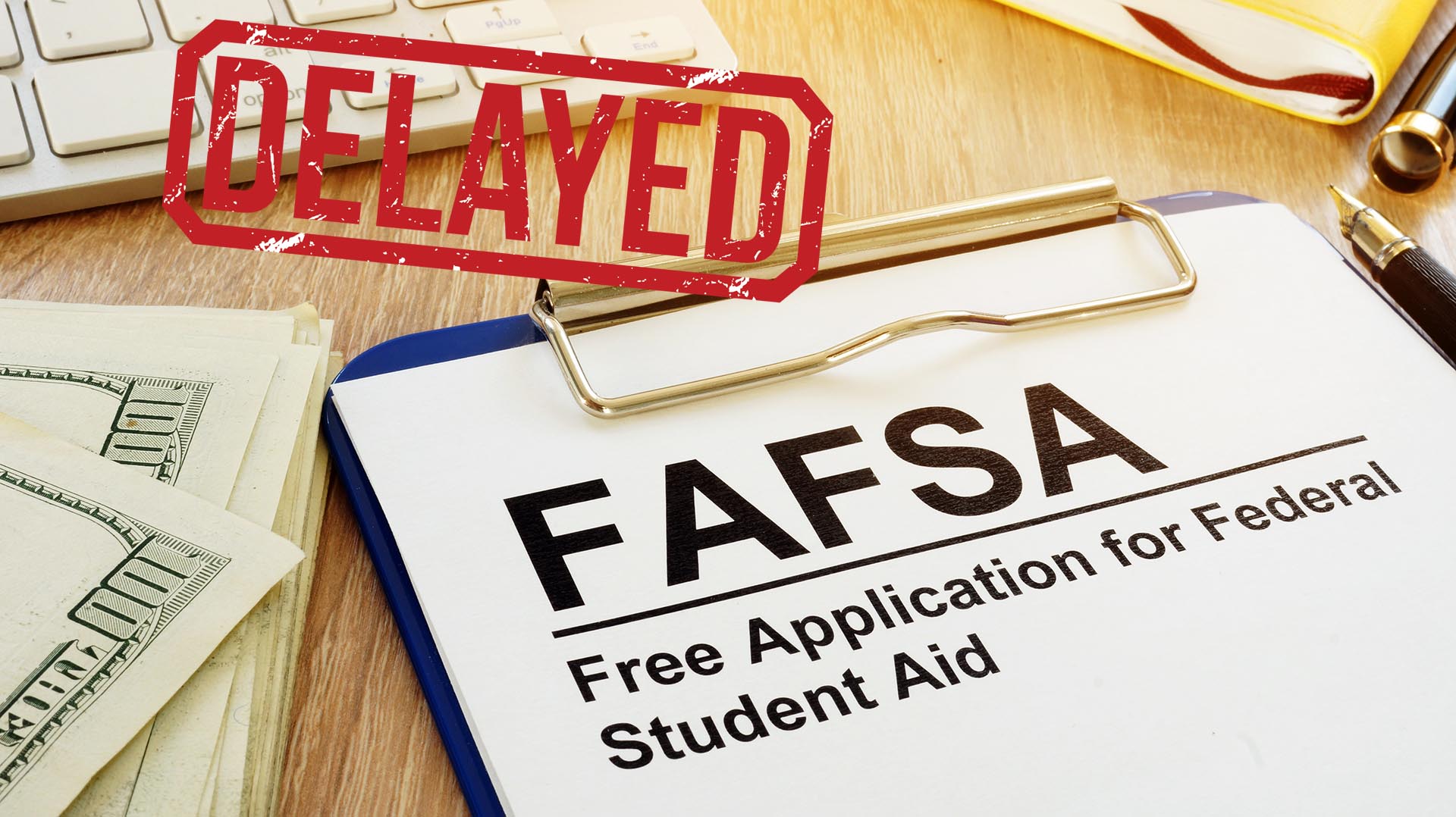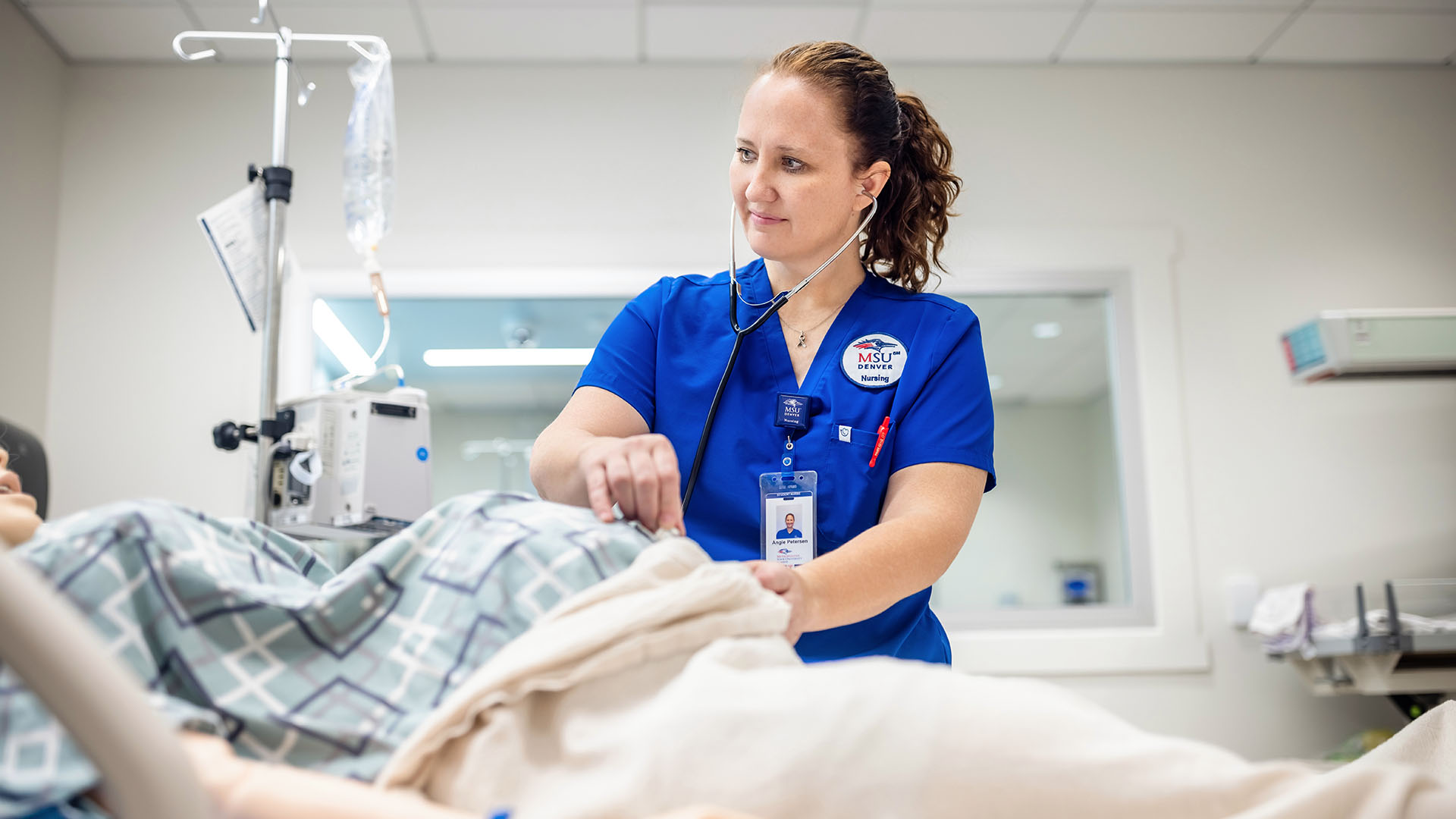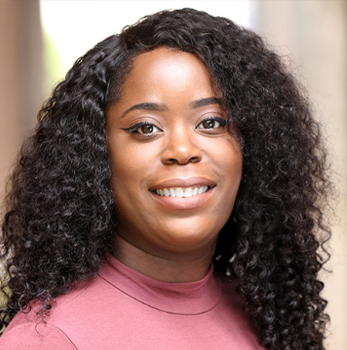FAFSA is delayed. Now what?
Financial-aid administrators anticipate issuing award offers to MSU Denver students mid-May. Here are steps applicants can take to ensure a smooth enrollment process.

Editor’s note: This story was originally published on Feb. 16. It has been updated to include the latest information on the FAFSA rollout and when students can expect award offers.
The new Free Application for Federal Student Aid holds promise for a more streamlined, simplified process for students and families.
Getting there, however, has been a challenge. Following months of cascading delays and technical glitches, the U.S. Department of Education has begun sending to universities the student information that financial-aid administrators need to create aid packages. MSU Denver now anticipates it can issue award offers by mid-May, said Kerline Eglaus, Ed.D., executive director of Financial Aid and Scholarships at Metropolitan State University of Denver.
Eglaus said that MSU Denver students should complete their FAFSA applications by May 3 to receive award offers as early as possible.
“The delays are referring to schools receiving completed FAFSA information from the federal government — it’s not from the colleges and universities themselves — and we still encourage students to complete their applications as soon as possible,” Eglaus said. “We’ve been working diligently around the clock to ensure that the moment we get this info, we’re able to turn it around as quickly as possible for students and reduce any further delays in awarding aid.”
RELATED: What students need to know about the new FAFSA
The hope is that the short-term pain will lead to a longer-term gain of helping more students more efficiently access higher education, financial-aid experts said. The rollout includes a streamlined form and expansion of the Pell Grant, a critical tool to help lower-income households pay for higher education. Pell awards have been approved to increase by $617 million, funding nearly 220,000 additional applicants this year, according to a report from the State Higher Education Executive Officers Association. MSU Denver students have a Pell-eligibility rate of 33%.
“We understand how important this process is and its impact on students,” said Long Huynh, the University’s chief enrollment officer. “Our commitment is to support all students, being flexible and reaching out with verified information as soon as we’re able.”
RELATED: The Pell Grant turns 50
As MSU Denver continues to adjust to the federal delays, Eglaus and Huynh provided steps that students and families can take right now to ensure that enrollment processes are as smooth as possible:
Complete the FAFSA (or the Colorado Application for State Financial Aid, the equivalent process for undocumented Colorado ASSET students to apply for financial aid), if not already done.
Log in to StudentAid.gov to confirm national financial-aid status. This is done with the same credentials used to complete the FAFSA and will display whether an account has been flagged, which could affect funding.
To reduce chances of extended verification processes, make sure questions are answered completely.
Give consent for the IRS to automatically share tax information. If manually entering, ensure that you’re using the correct corresponding tax year. For the 2024-25 academic year beginning in fall, that would be 2022.
Closely monitor email and the MSU Denver FAFSA Simplification website for updated information as soon as it becomes available. This includes updates on information from the Department of Education about reported glitches related to application fields requiring Social Security numbers, as well as any adjustments to aid timelines (whether earlier or later).
Familiarize yourself with scholarship options. Even as internal scholarships require FAFSA information for processing, it is NOT necessary for applying to them. Filling out MSU Denver’s single-source scholarship application is the smart play for students to get a head start on funding for fall. The priority deadline for this has been extended to May 15, though late applications may be considered.
Look for external funding sources such as religious and community organizations that may also offer solutions to help pay for educational expenses.
Meet with an academic advisor to discuss degree and study options and build contingencies as appropriate.
Register for classes to secure preferred day, time and course offerings. Priority registration for MSU Denver begins March 25. And even with FAFSA delays, students will have summer months to adjust their schedules and receive a refund up until the start of the semester if registration statuses change.
RSVP for a Financial Aid workshop. Students should monitor their email for information on workshops — additional assistance is available through the partnership with Community College of Denver’s Educational Opportunity Center.
Reach out to Financial Aid professionals. For any other questions or concerns, the Office of Financial Aid and Scholarships is available to help current and future MSU Denver students.
Updates will be posted on the FAFSA Simplification page, and personalized communication will be sent directly to students’ MSU Denver email address.





